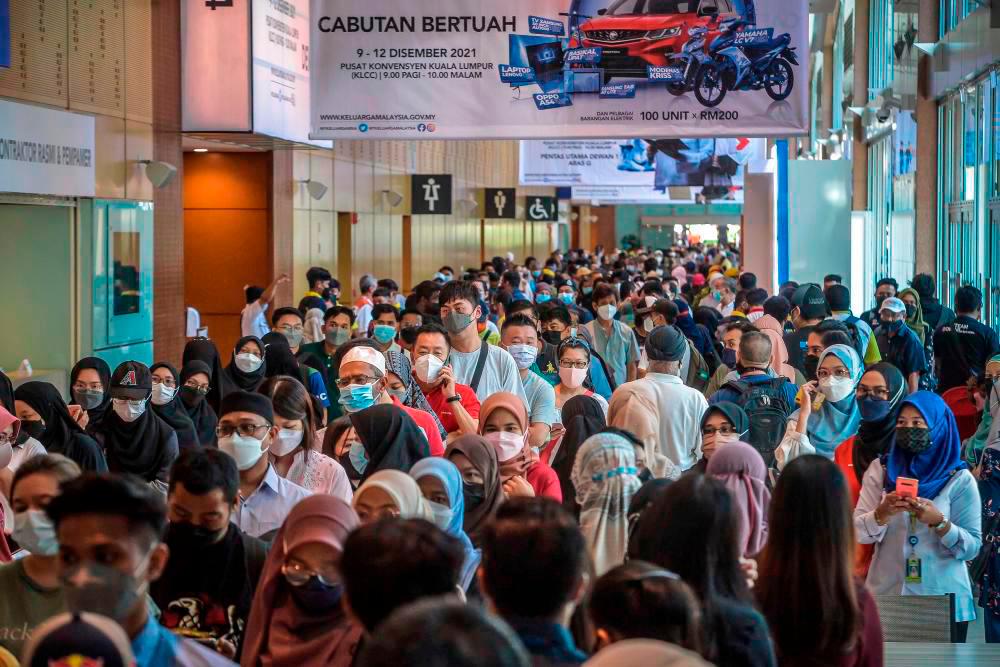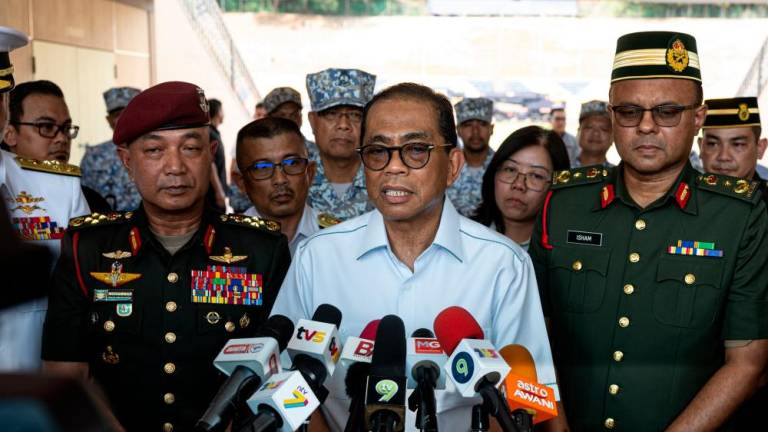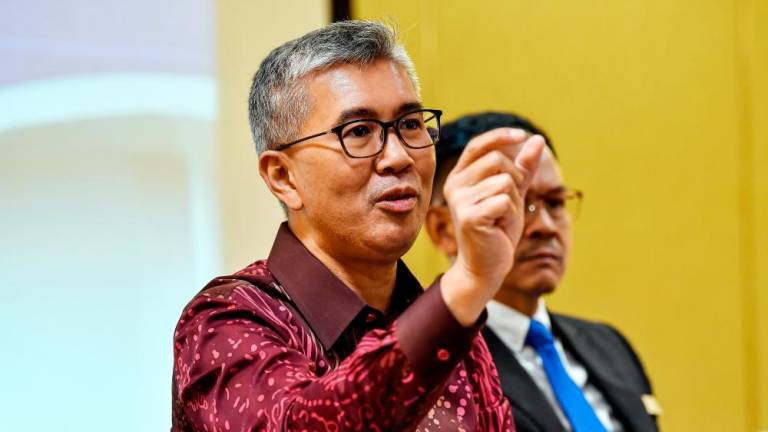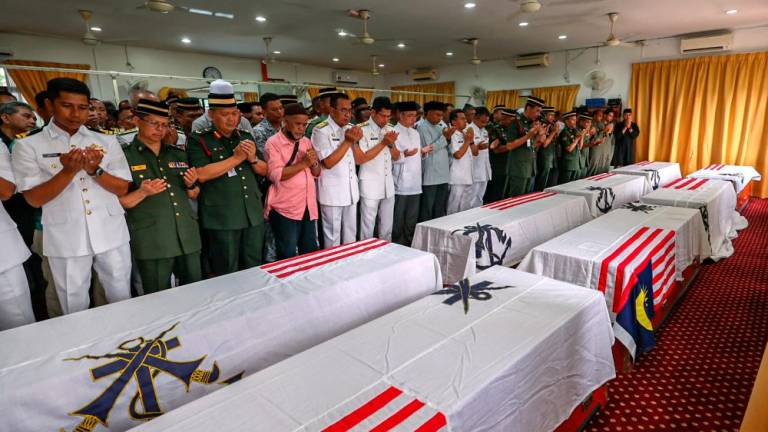AFTER years of strong advocacy work by women’s organisations, violence against women is a type of violence that affects people of all ages and encompasses domestic violence, sexual violence and human trafficking.
In addition to being a grave health concern, harassment towards women and girls also violates fundamental rights.
Each of every three women will experience it at some time in their life due to a worldwide pandemic.
In accordance with the World Health Organisation (WHO), 37% of women have been physically and/or sexually abused by an intimate relationship, as well as sex crimes by a non-partner.
Gender-based violence (GBV) primarily affects women and girls around the world, although it can also affect men.
It is a widespread public health problem with devastating consequences for the individual, family, and community.
For this reason, Sustainable Development Goal 5: Gender Inequality, target 16.2 was set up.
These goals are aimed at eradicating “every form of violence against women, including trafficking, sexual and other forms of exploitation, as well as all forms of abuse, exploitation and trafficking of children”, as well as “ending abuse, exploitation, trafficking and all forms of violence and torture”.
Malaysia is not an outlier when it comes to combating GBV. Domestic violence has escalated drastically in Malaysia in the previous two years because of Covid-19, which has been compounded by the government’s pandemic-fighting tactics, which include extended lockdowns.
Over 9,000 domestic violence cases have been reported since movement control order 1.0.
Family abuse, assault, mistreatment of domestic help, maltreatment of children, disrespect for decency and sex crimes, were reported in 153,507 cases between 2000 and 2018, with perpetrators aged 26 to 35 being the most common.
It is clearly a worrying situation that has to be addressed right away.
The WHO states that there will be a serious negative cascade of events as a result of violence against women.
For starters, it affects their psychological and physical well-being, and the health of their children, who will be exposed to violence later in life.
Domestic violence is a problem in Malaysia that has existed for a long time.
The Women, Family, and Community Development Ministry reported a total of 7,468 cases, a 42% increase from 5,260 in 2020.
The likelihood of developing mental health problems such as post-traumatic stress disorder, despair, panic, alcoholism and suicidal ideation is higher among women who have experienced domestic violence or abuse. It is also considered a significant impediment to growth.
Its influence on women’s health and well-being has been found to result in reduced productivity, high treatment expenses and indirect costs on other family members such as children, who often face the brunt of the consequences.
Sexual and gender-based violence violates an individual’s basic dignity and hinders their growth.
Individual attitudes that condone violence within the family, community, and state are at the basis of GBV.
The recent wave of sexual violence that has affected people from all walks of life, young and old, has shocked Malaysian society.
Research by the Centre for Governance and Political Studies and the All-Action Women’s Society found that 57% of Malaysian women claim to regularly experience verbal sexual harassment while walking down the road.
A total of 62% of 1,010 women who participated in a poll by the Women’s Aid Organisation reported having encountered work-related sexual harassment.
Another 56% of women, according to the research, have experienced employment discrimination.
Sexual violence has a profound impact on both bodily and emotional health.
Along with causing physical harm, it is associated with an increased chance of numerous issues with reproduction and sexual health, which may have both short-term and long-term repercussions.
Victims of sexual assault may experience severe negative effects on their welfare, including humiliation and exclusion from their families and other people.
Human trafficking is getting international attention as a severe violation of human rights.
After the trafficking of drugs and weapons, trafficking in human beings is the third-largest illegal industry in the world, and Malaysia is no exception.
Malaysia is a popular work destination for women, men and children from a variety of nations due to its geographic location and economic strength.
Undocumented immigrants frequently enter Malaysia legitimately, but later become undocumented for a variety of reasons, as detailed further in this section.
It’s crucial to remember that not all migrant workers are victims of human trafficking, but many of them are refugees, asylum seekers and stateless people.
According to the Borgen Project report, there are currently about 212,000 persons in Malaysia who are victims of human trafficking.
Based on the above-mentioned facts and figures, it is obvious that gender-based violence is soaring in Malaysia.
Therefore, it is high time to address this issue to achieve sustainable development goals by 2030.
Hence, we provide a few policy recommendations. The first step is raising public awareness and educating youngsters and teenagers.
Second, guarantee that professionals dealing with violence against women have specialised training.
Third, victimised women’s empowerment through effective support and aid structures that prevent secondary victimisation.
Fourth, national and international research, data gathering and networking should be created.
Fifth, increase public awareness of the issue and its horrible effects on individuals and society at large by organising or supporting conferences and informational campaigns. This will enable society to discuss violence against women openly and without bias or preconceptions.
Sixth, include information on how to treat family abuse and all other forms of violence against women in the basic training courses for police officers, judges and those in the clinical and social fields.
Seventh, civil rights educational interventions and sexual education programmes that emphasise gender equality and mutual respect should incorporate or reinforce a gender viewpoint.
Eighth, encourage the media to join in public awareness efforts about domestic abuse against women.
Ninth, encourage those responsible for municipal, regional and urban planning decisions to take into account the significance of improving women’s safety and reducing violent crimes in public places.
Finally, promote the creation of emergency responders, such as free, anonymous telephone helplines for those who have experienced violence or who are threatened by it.
Keep monitoring phone calls and assess the information gleaned from the assistance offered while upholding data protection standards.
The writer is a research fellow at the Ungku Aziz Centre for Development Studies (UAC), Universiti Malaya. Comments: letters@thesundaily.com













